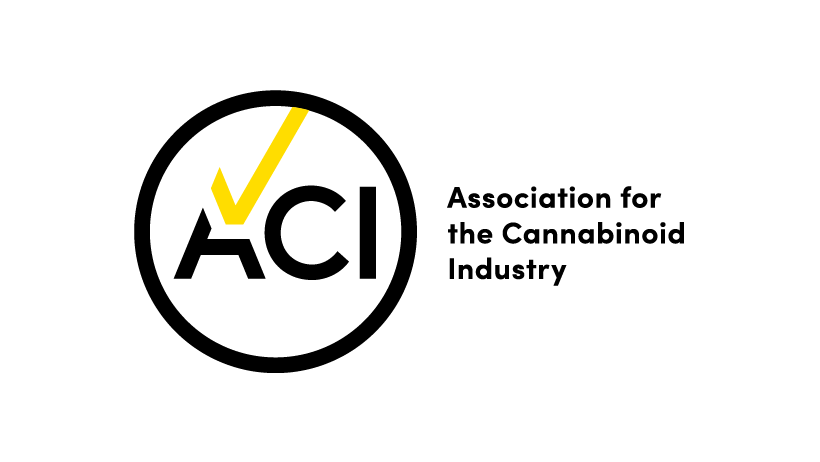
On the 15th January BBC Two aired a segment on their popular science show Trust Me I’m a Doctor which investigated twelve popular CBD products available in the UK over the counter and online.
They sent them for testing to Prague University, in the Czech Republic, and found that not all the products accurately reflected what was indicated on the label.
The results showed that three of the products contained less CBD than was advertised. One, that claimed to be 2.75% CBD, actually contained 1.7%. Another, a 5% oil product, was found to contain 2.9%. A third product, claimed on the bottle to contain 500 milligrams of CBD. The BBC testing results showed it contained barely detectable amounts (0.00075%).
It is clear that the situation has not changed in the UK since the CMC’s groundbreaking CBD study in May last year and there remains a clear need for concise regulatory guidance and consistency regarding testing in laboratories.
The ACI are undertaking Proof of Principle work with UK testing houses, led by Dr Parveen Bhatarah. This addresses one of the main hurdles that the industry in the UK must clear. This work will ensure that all testing laboratories are testing products consistently. Without this the work carried out by laboratories becomes a popularity contest between who gives the most favourable results for companies looking to capitalise on the lack of a clear regulatory framework for the cannabinoid industry.
The responses from the companies highlighted by the BBC all mentioned the difficulties in finding consistent testing results from different laboratories. This further reinforces ACI’s approach as companies could be unwittingly deceiving customers based on the data provided from these labs.
The ACI is determined to set the gold standards for standardisations and harmonisation of the analytical methodology used for cannabinoid testing.
This study also demonstrates why Novel Foods safety assessment is essential for consumers and retailers. Cannabis extracts using modern techniques do not have a track record of consumption prior to May 1997 (the date Novel Foods catalogue was created) therefore they need to be assessed to ensure that they do not pose a safety risk to human health.
It is for these reasons the ACI charter has been established. The ACI, through our partnership with Global Regulatory Services (GRS), will guide companies producing raw materials through the Novel Foods application process which will ultimately give the industry further credibility and protect the safety of consumers who are seeking the therapeutic benefits of legal products containing cannabinoids.

